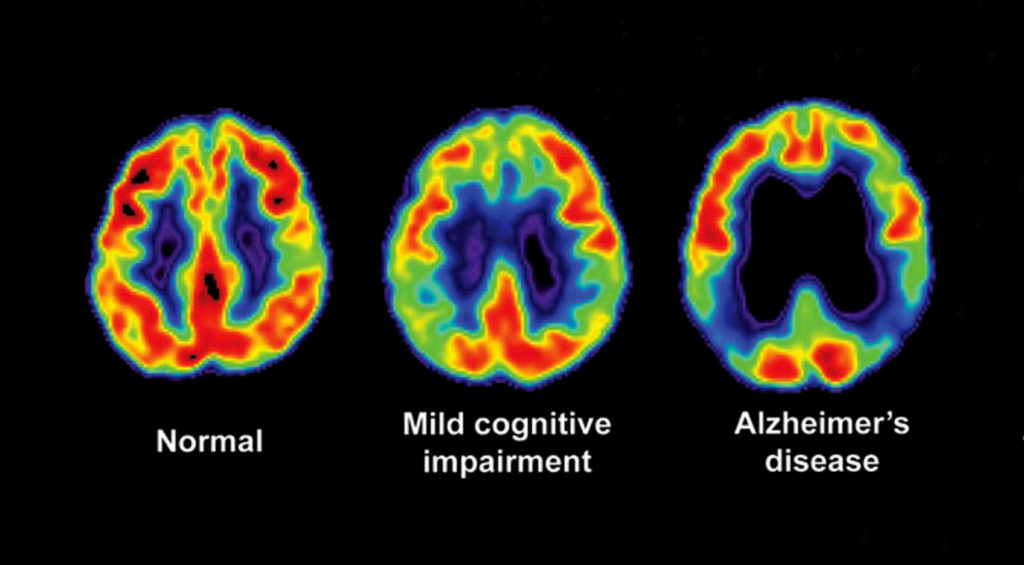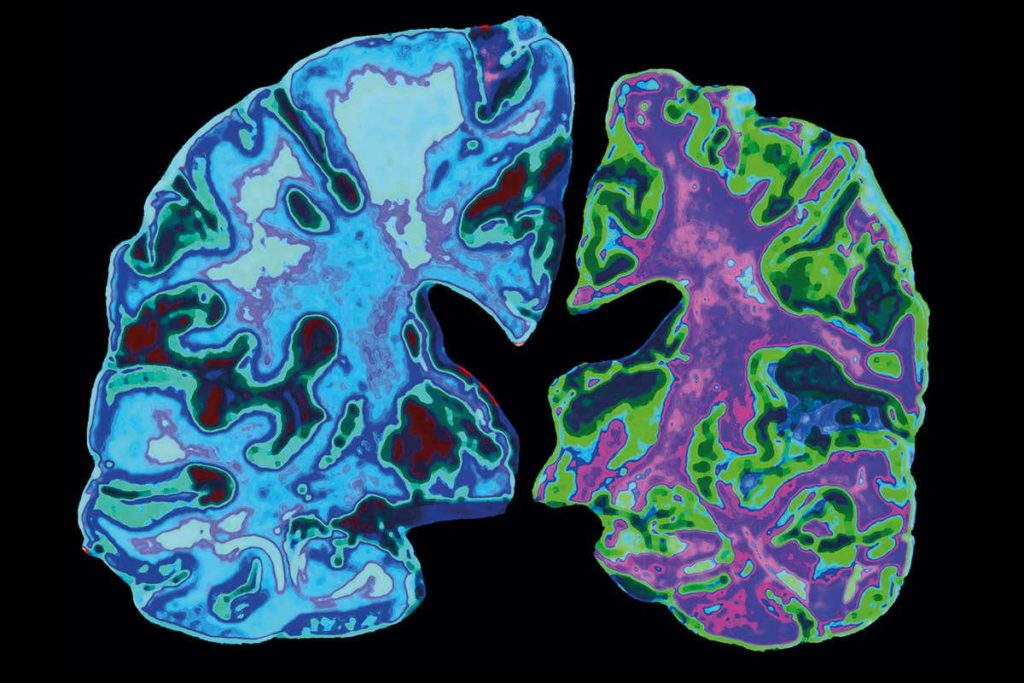

Alzheimer’s disease is named after Dr Alois Alzheimer. In 1906, the doctor noticed the changes that took place in the brain tissue of a woman who had died from mental illness.
In the month of November, Alzheimer’s Disease awareness is observed. Experienced by some in real life and being a common occurrence in movies, this disease has some obvious devastating effects. As we observe, Alzheimer’s Disease Awareness Month, let us take a look at some of the signs and symptoms that will us if someone is suffering from the disease.
Symptoms of the disease tend to progress slowly over the course of several years and the speed of the progression depends on your age. There are times when symptoms may be confused with other conditions, especially if the person suffering from the disease is a senior citizen.
There are other conditions as well, such as a stroke or infection, that may cause Alzheimer’s symptoms to get worse.
The symptoms of Alzheimer’s disease are usually divided into three different stages.
Early Symptoms
In the early stages of Alzheimer’s disease, memory lapse is usually the main symptom and appears in different forms.
- Fail to remember recent events and conversations
- Misplace items
- Forgets the names of places and objects
- Has difficulties thinking of the right word
- Poor judgement
- Less flexible and more hesitant to try new things

Middle Stage Symptoms
In this stage, the memory lapse becomes worse. At this point, the individual diagnosed needs support with everyday living.
- Mood Swings
- Forgets the names of people they know
- Problems with speech or language
- Hallucinations
- Increased confusion and disorientation
- Issues with performing spatial tasks
- Obsessive, repetitive or impulsive behaviour

Later Symptoms
In the latter stages of the disease, the symptoms can become very severe, causing distress on the individual diagnosed and those taking care of the individual. One suffering from Alzheimer’s can even grow to become aggressive and violent. Full time care at this stage of the disease is needed.
- Gradual loss of speech
- Weight-loss
- Difficulty moving
- Issues with swallowing and eating
- Incontinence
- Significant issues with long term and short term memory







Comments